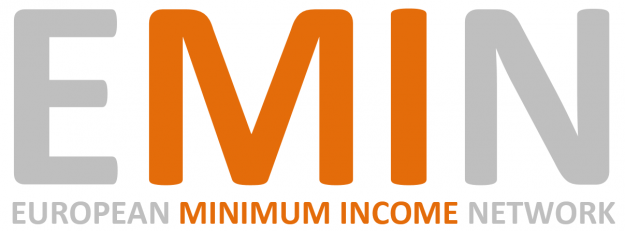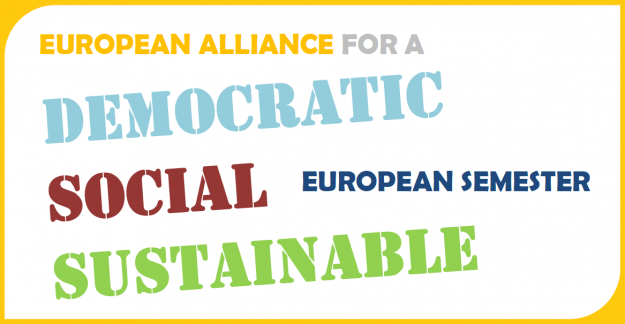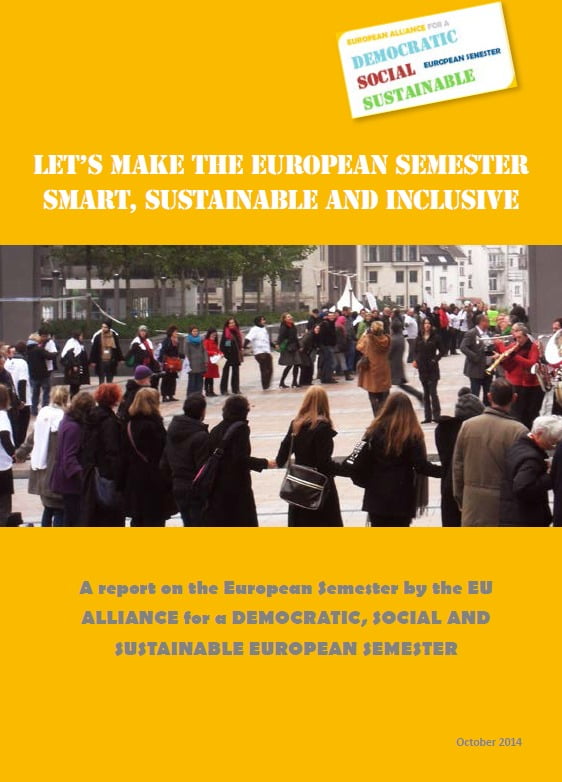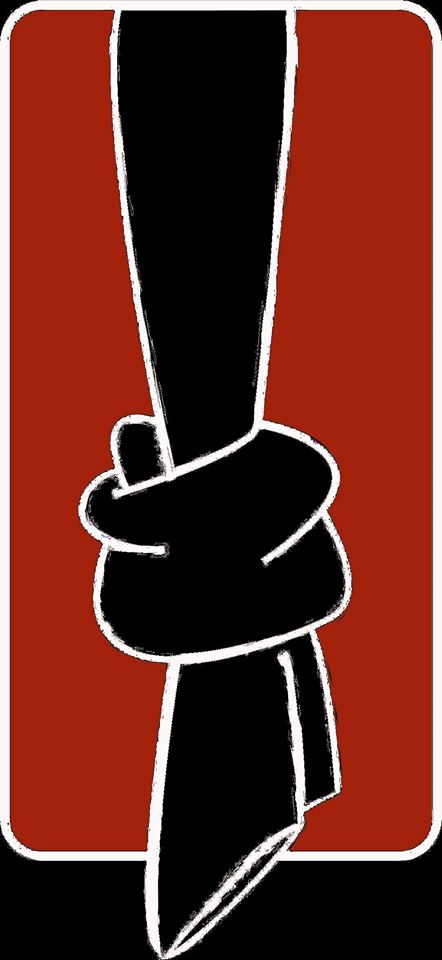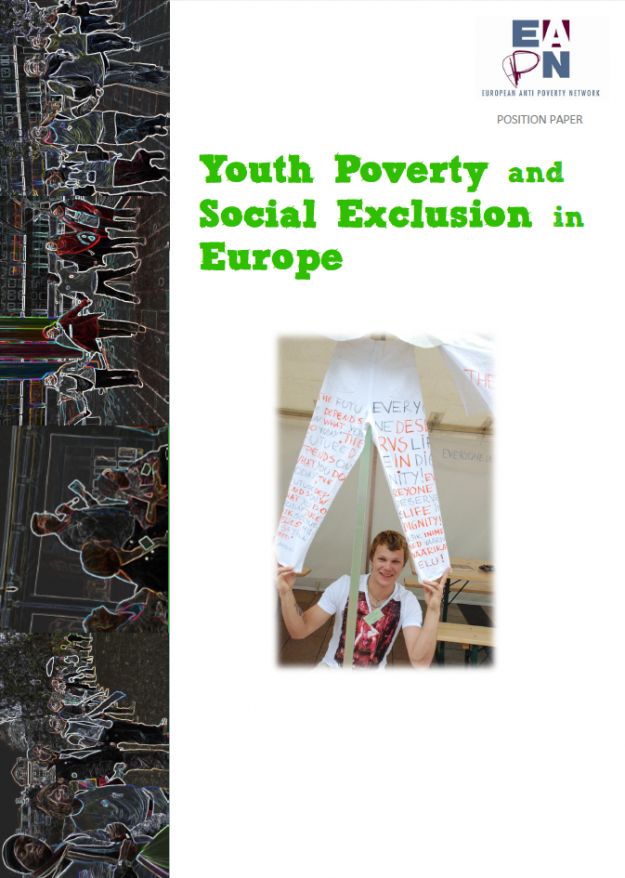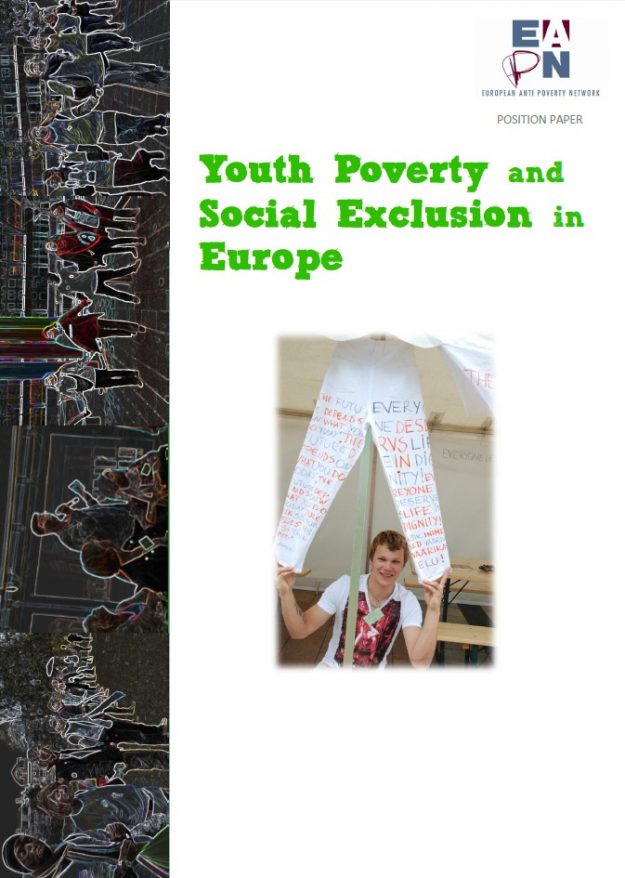European Civil Society Statement in advance of ECOFIN on 7 November
7/11/2014– European Civil Society Statement in advance of ECOFIN on 7 November signed by more than 1000 organisations and trade unions from 11 European countries representing more than 50 million European citizens
European civil society, including trade unions, deplore the lack of progress made by the 11 Member States negotiating the Financial Transactions Tax (FTT).
It is unacceptable for the Ministers of Finance of France, Italy and Spain to consider watering down proposals under pressure from the financial sector in defiance of public opinion. We strongly urge Ministers Sapin, Padoan and de Guindos to include the taxation of the broadest possible class of derivatives and High Frequency Trading activity.

